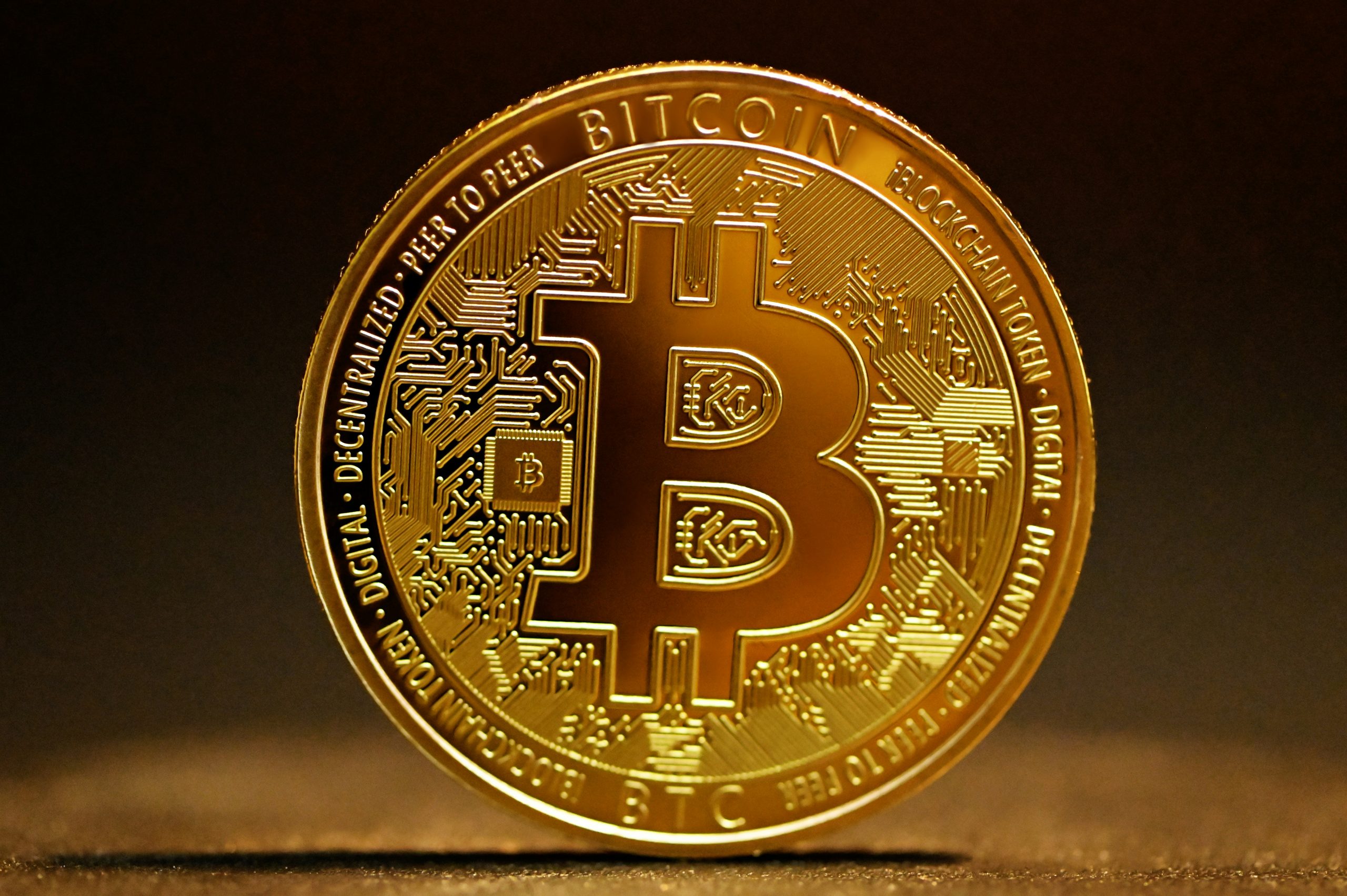New GOP Bill Aims to End Debanking of Crypto Companies and Risky Industries
The new GOP bill follows congressional hearings on "Operation Chokepoint 2.0" and reflects bipartisan consensus to end debanking practices.

Diversification and Financial Stability: Texas aims to diversify its state reserves by holding Bitcoin, akin to how governments hold gold reserves. This initiative hedges against inflation and economic uncertainty, leveraging Bitcoin’s decentralised nature and finite supply to protect the state’s financial stability.
Legislative Framework for Adoption: The Satoshi Action Fund promotes a “Strategic Bitcoin Reserve” model legislation, encouraging states to integrate Bitcoin into their treasuries. This move positions Texas as a leader in digital finance innovation and signals its readiness for the evolving global economy.
Economic and Technological Advantages: This initiative is expected to attract tech investments, foster blockchain innovation, and strengthen Texas’s reputation as a hub for digital asset development. The focus on integrating Bitcoin into broader economic strategies aligns with Texas’s ambition to lead in blockchain and digital asset innovation.
Texas is exploring establishing a strategic Bitcoin (BTC) reserve, a move that would reflect its progressive stance on cryptocurrencies.
Championed by the nonprofit Satoshi Action Fund, this initiative envisions Texas leveraging BTC’s decentralised nature as a hedge against economic uncertainties. The fund advocates for BTC as a crucial asset for financial resilience and a potential tool to enhance the state’s economic independence.
CEO of Satoshi Action Fund (SAF) Dennis Porter highlighted that establishing a strategic BTC reserve in Taxes could significantly impact the state’s status as the world’s eighth-largest economy, boasting a $2.4 trillion GDP in 2022, per the Texas comptroller. Porter said, “The implications of the State of Texas moving forward with strategic Bitcoin reserve legislation cannot be understated.”
Texas, already recognised as a hub for BTC mining due to its favourable regulatory climate and abundant energy resources, seems uniquely positioned for such an endeavour. The Satoshi Action Fund’s proposal underscores how BTC aligns with Texas’ history of embracing innovation and self-reliance. By considering a BTC reserve, the Lone Star State aims to lead the charge in financial innovation while preserving fiscal autonomy.
The Texas legislature has shown increasing interest in BTC and blockchain technology. Earlier this year, lawmakers introduced bills to protect the rights of BTC miners and recognise the crypto’s role in the economy. These efforts reflect a growing consensus that BTC is not just a speculative asset but also a critical tool for enhancing financial stability.
In July 2024, United States (US) Senator Cynthia Lummis introduced a bill to establish a US BTC strategic reserve. If approved, it would create a BTC fund to hedge against the national debt. However, adopting a BTC reserve has its challenges. Critics argue that BTC’s volatility risks public funds, potentially exposing the state to significant losses during market downturns.
Additionally, there are concerns about the lack of established frameworks for governments to securely hold and manage crypto reserves. Supporters counter these criticisms by emphasising BTC’s long-term growth potential and status as a deflationary asset, which could help hedge against inflation. They also highlight the transparency and security offered by blockchain technology, which ensures the state’s BTC holdings can be audited in real time.
If Texas creates a BTC reserve, it could set a precedent for other states and countries considering similar moves. This initiative would reinforce the state’s reputation as a leader in crypto adoption and innovation. It could also attract more businesses and investors to Texas, further bolstering its economy.
The Satoshi Action Fund’s advocacy suggests this is more than a financial strategy; it’s a philosophical alignment with BTC’s ethos of decentralisation and financial sovereignty. The proposal resonates with Texas’ independent spirit and could redefine how governments approach fiscal policy in the digital age.
As Texas takes these initial steps, the global crypto community will watch, eager to see how this bold experiment unfolds. While challenges remain, the potential rewards for Texas could be substantial, marking a new chapter in integrating cryptocurrency into public policy.
The new GOP bill follows congressional hearings on "Operation Chokepoint 2.0" and reflects bipartisan consensus to end debanking practices.
The Federal Prosecutor is investigating President Javier Milei's alleged involvement in Libragate and recover deleted social media posts.
The Albanese government does not intend to follow Trump’s decision to accumulate XRP, Solana, Cardano, ETH, and BTC reserves.
Metaplanet has added another 156 BTC, while its CEO highlights efforts to explore "ways to make its shares more accessible."